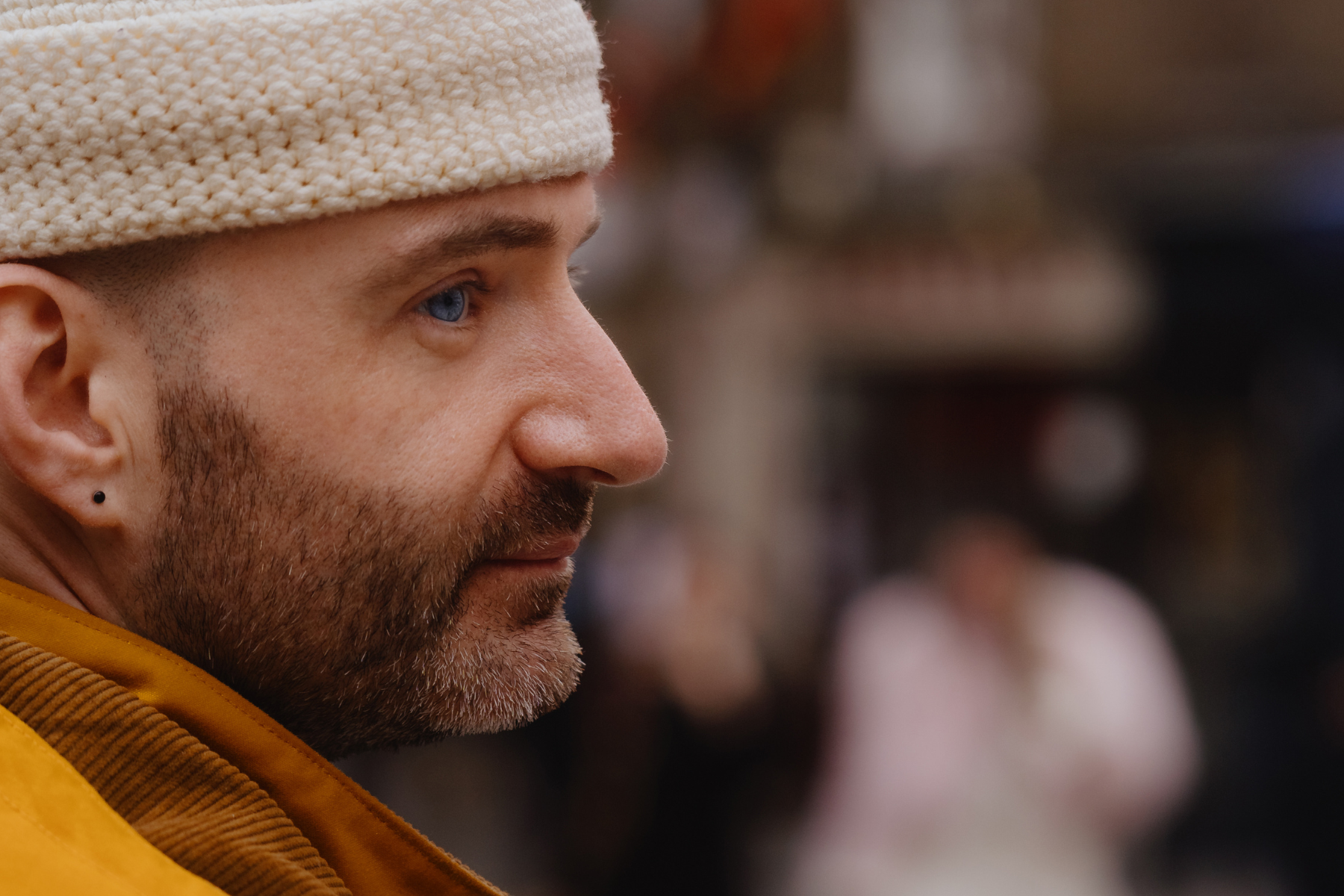No Love Songs at Edinburgh Festival Fringe – review

“I feel like I’m in a Nineties romcom,” exclaims Lana (Dawn Sievewright) towards the close of this new piece of gig theatre, with songs by Kyle Falconer, best known as lead singer of The View.
It’s a fair comment. Yet this tender study of the effects of post-natal depression, devised by Falconer and his partner Laura Wilde (who has also co-written the book with Johnny McKnight) has a depth and an impact that counters the more saccharine elements of that genre.
In a swift 75 minutes, we go from the first encounter between fashion student Lana and musician Jessie (John McLarnon) in a sweaty nightclub, through first sex (all comic misunderstanding and rolling eyes) to birth and early parenting (staring at an imaginary baby from either side of their microphones) to sleeplessness, despair (“I don’t love just being a mother”), separation and tentative reunion.
That dramatic arc from “soulmates to strangers” is arguably all a bit pat, but it is cleverly staged by the Dundee Rep’s artistic director Andrew Panton and his co-director Tashi Gore, who never allow the onward momentum or the scarcity of probing, discursive dialogue to undermine the essential seriousness of what is being shown.
As Lana’s depression bites, and Jessie heads off to find fame on tour in America, Grant Anderson’s simple yet effective lighting cleverly darkens, leaving her isolated in a spotlight of her own misery. Falconer’s music – taken from his second solo album No Love Songs for Laura, sung by the cast and played on stage by music director Gavin Whitworth – marks the changing moods and the shifts in the relationship with emotional heft. The songs are touching; the dialogue smart.
And in McLarnon and Sievewright the show has its perfect interpreters. Sievewright, familiar from her role in Our Ladies of Perpetual Succour (which also began its successful life at this venue), is brilliant at charting Lana’s journey from light-hearted perkiness to utter misery, never losing her essential sweet optimism as she plunges into her belief that her child would be better off without her. McLarnon has less to do but does it with warmth and careful observation.
Gig theatre is a strange forum for so serious a topic, yet No Love Songs just about pulls it off, offering an evening that is at once insightful and uplifting.














